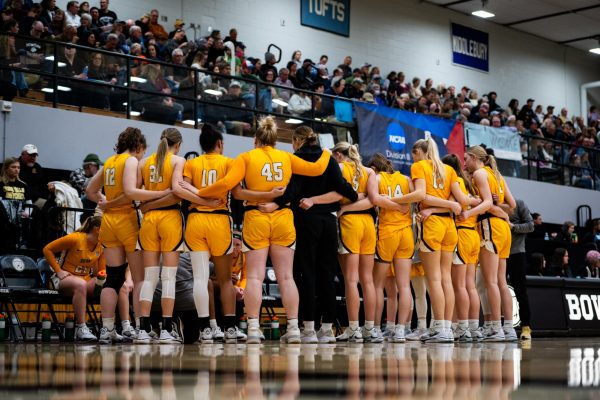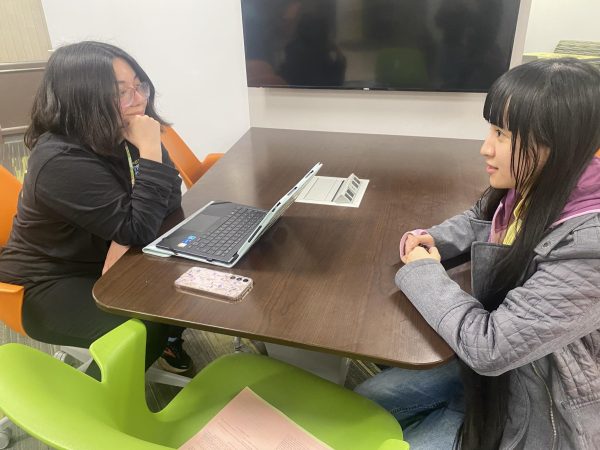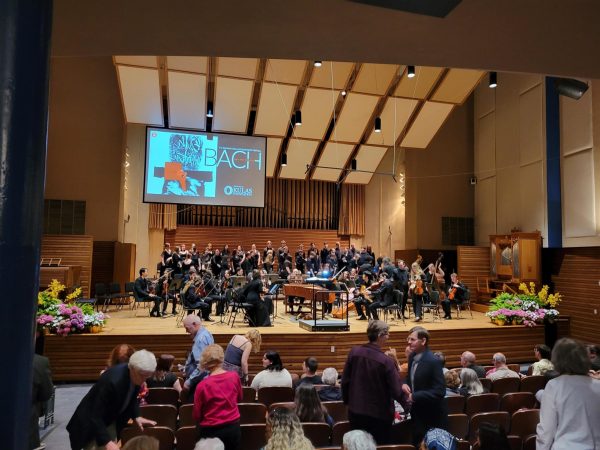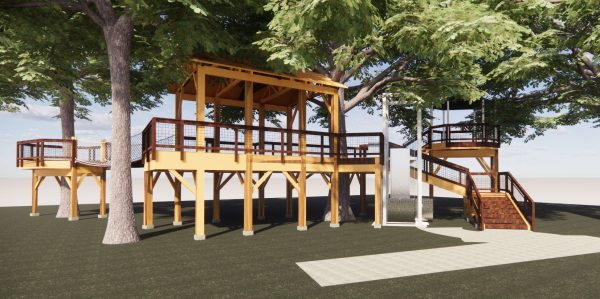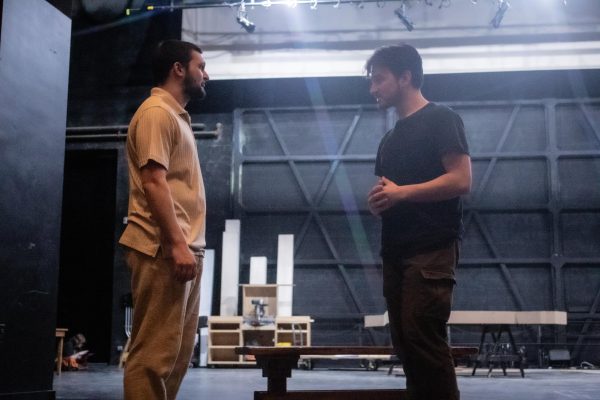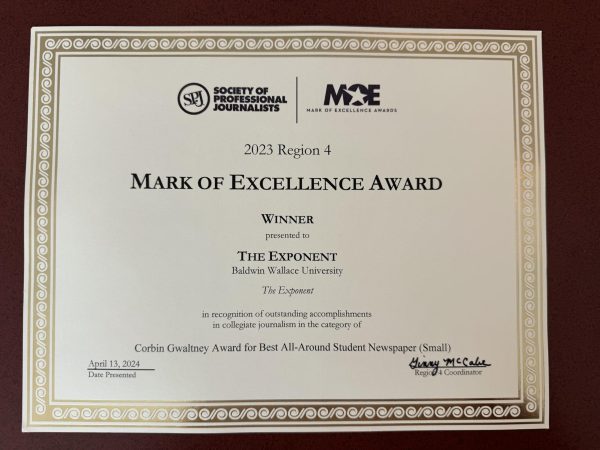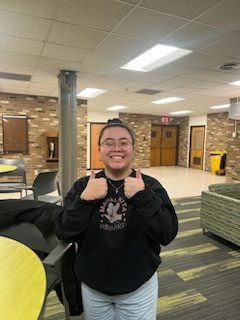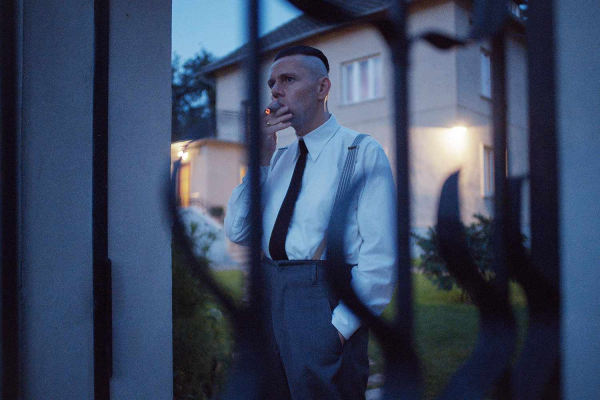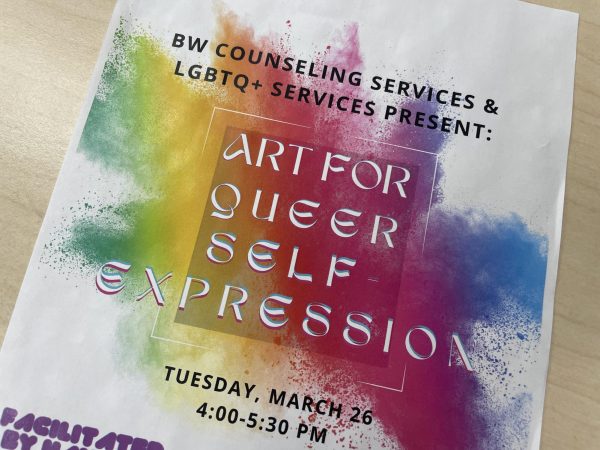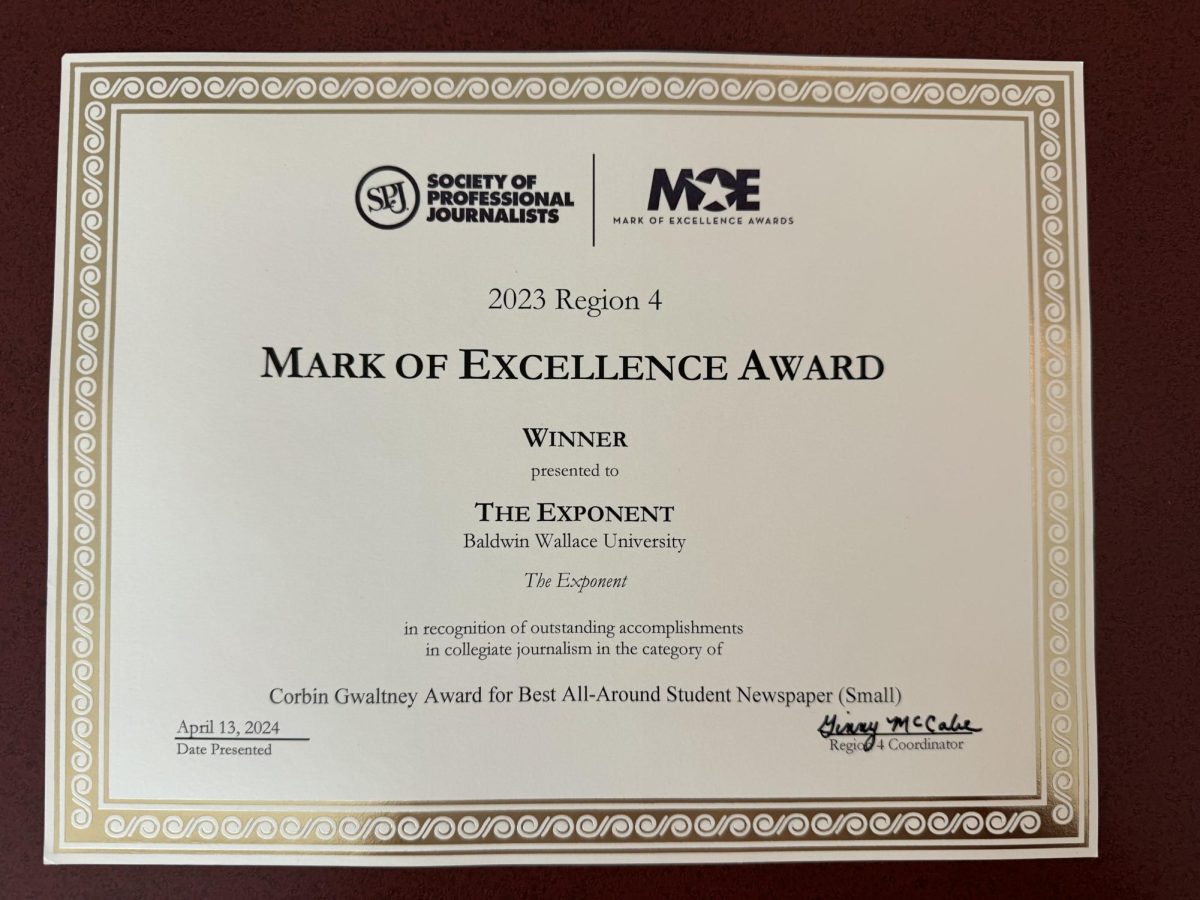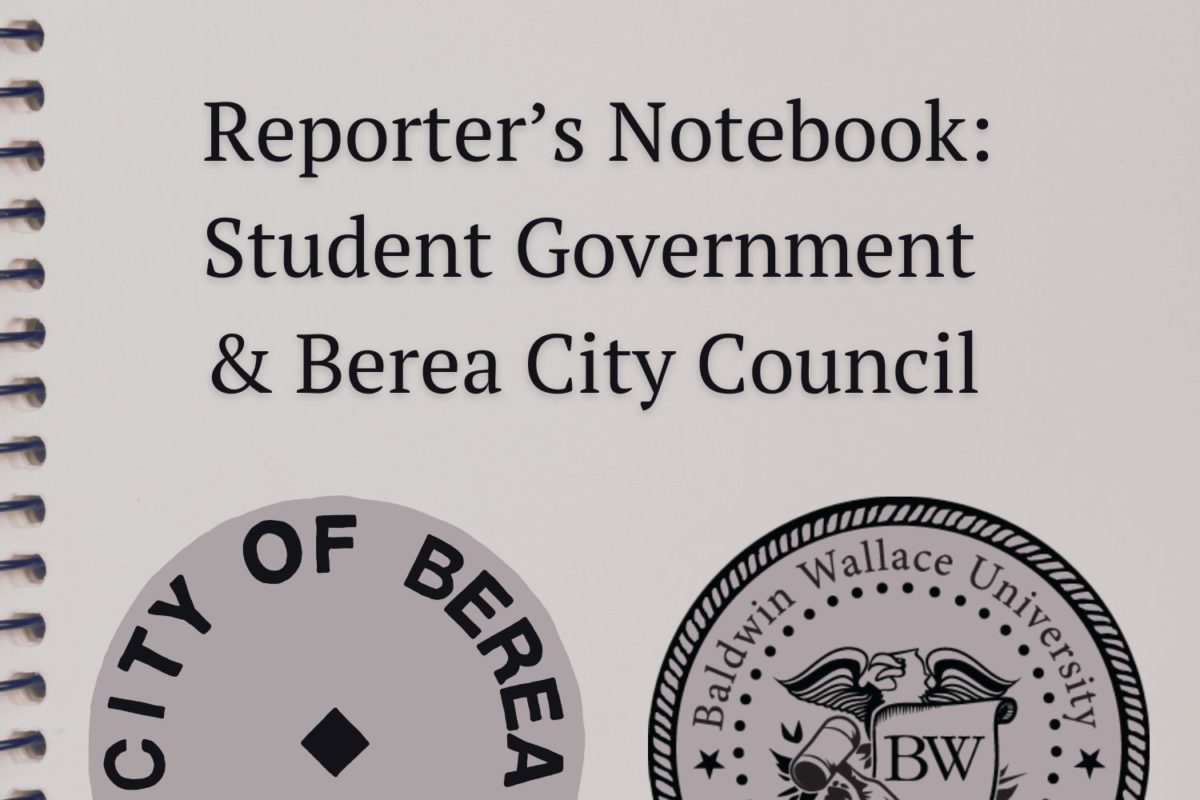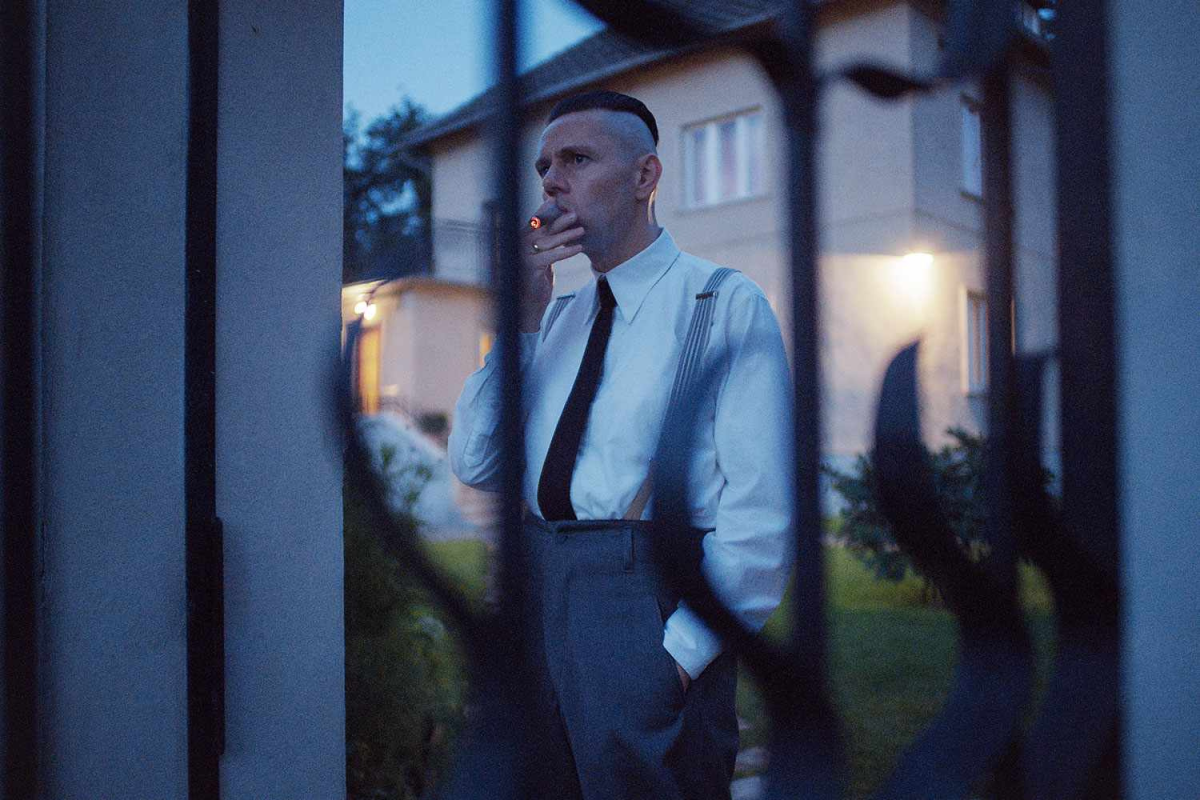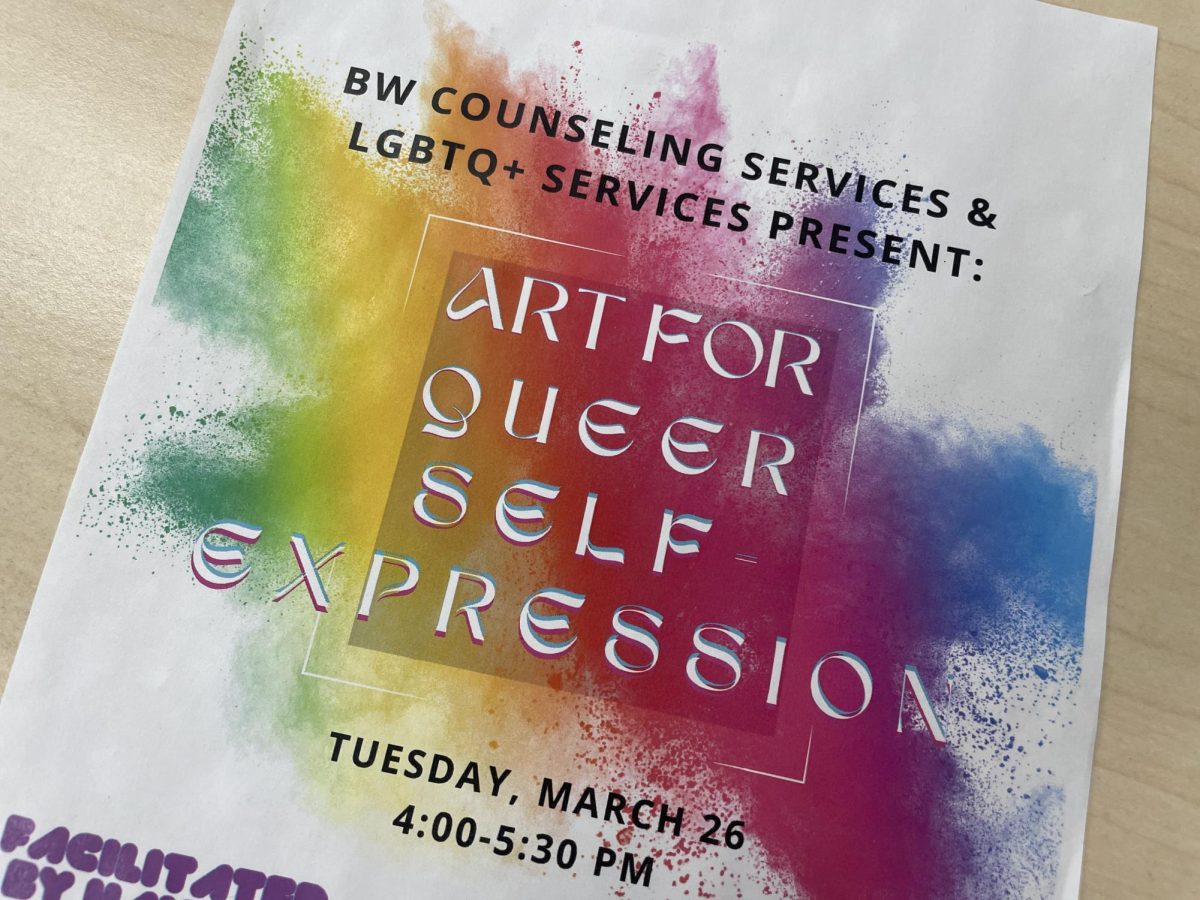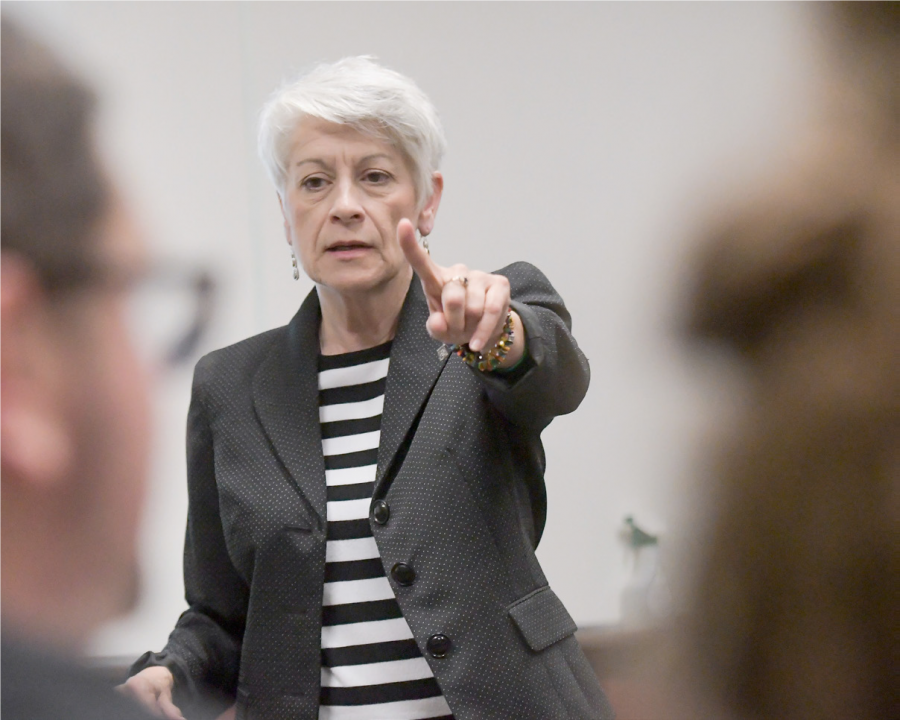Kaye tasked with growing grad programs
Provost: Renewed focus comes after years of grad as ‘an afterthought’
University Relations
Dr. Karen Kaye, formerly the dean of the School of Education, is in the first year of a two-year term as Founding Dean of Graduate Studies.
Karen Kaye is in the first year of a two-year term as Founding Dean of Graduate Studies. Before taking on this role, Kaye was the dean of the BW School of Education.
In her new position, Kaye has been charged with the main tasks of expanding on the current graduate programs at the school, and to create a more welcoming environment for post-grad students.
“That’s one of the charges I have, said Kaye, “to grow and enhance graduate programs, and the second one is to create what is called a graduate culture for BW. There are a lot of elements of a graduate culture, but its marked by specific services for graduate students, or at least extensions of services for graduate students.”
The goal of these services is to help students feel more welcome on campus, and give them the opportunity to “enjoy being a part of a university,” said Kaye.
The services offered to students could include a separate orientation geared more towards their needs, easier website access for their specific calendars, and/or more ways to become connected to the campus. An organization called the Graduate Student Association was created informally last year and is now meeting in a more formal capacity this year.
The function of the Graduate Student Association (GSA) is to create a campus wide organization that represents all grad students and their needs, said Kaye. Grad students tend to stay close-knit within their own programs, so an important part of the GSA is that it creates a sense of unity across all programs, a university-wide voice for these students.
It also “creates opportunities for graduate students to meet each other, work across disciplinary lines, to be a part of a university and not just a program,” said Kaye.
In 2016, it was decided by the deans that the school needed to do more, and several external sources also indicated that graduate programs should be expanded upon in the future. According to Dr. Steve Stahl, Provost, efforts to enhance graduate programs had not been made for sixteen years, and there was a sense the university was not paying enough attention to them.
“Grad studies were always an afterthought for BW” said Stahl. “Undergrad was always the main focus and graduate programs were made to fit around that.”
One of the challenges facing the graduate program going forward is recognition from faculty and students, as well as from people outside of the college. Currently, many students and faculty aren’t aware of how large the graduate program is at BW, and, according to Kaye, “there are 603 graduate students at Baldwin Wallace. Out of 3,000 undergrads, that is about twenty percent of the entire population.”
As of yet, there have not been many major steps taken to increase awareness on campus, but there are plenty of ideas for the future. One plan is to recognize grad students more at commencement. Currently, commencement is a mixed ceremony where neither grad or undergrad students are singled out, said Kaye.
Grad students, Kaye said, could be lifted up and recognized in a way that shows off what they achieved while being an inspiration for undergrad students.
The Exponent is looking for financial contributions to support our staff and our newsroom in producing high-quality, well-reported and accurate journalism. Thank you for taking the time to consider supporting our student journalists.
